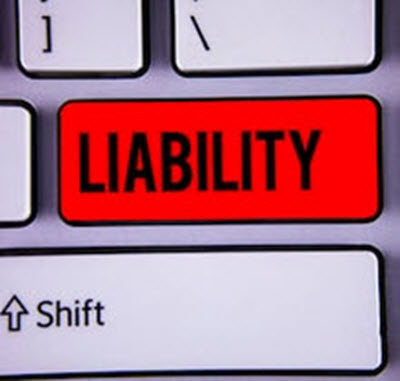
In some cases, property owners can be held liable for injuries that occur to people on their property. Under the “attractive nuisance” doctrine, a property owner can be held responsible if a child is injured on the owner’s property due to some type of artificial condition located on the property that is particularly appealing to children. The following article will provide more information about the attractive nuisance doctrine.
What is the “attractive nuisance” doctrine?
The “attractive nuisance” doctrine states that property owners may be liable for injuries to children who trespass on their land if the injury results from a hazardous object or condition on the land that is likely to attract children who are unable to appreciate the specific risk posed by the object or condition.
Typically, the attractive nuisance doctrine has three components:
- The law does not expect children to fully recognize and understand the dangers they may face when entering the property of another.
- If a property owner knows or has reason to know that children may enter his or her property, with or without permission, the law places a special responsibility on the property owner to protect them from harm.
- If a property owner fails to meet this responsibility, he or she can be held liable for the child’s injury or death caused by, or as a result of, the attractive nuisance.
How is an attractive nuisance defined and what are some examples?
An attractive nuisance is a potentially dangerous object, structure, or condition that may be attractive to children. For the attractive nuisance doctrine to apply:
- A potentially dangerous condition or object exists on the property;
- The property owner created or maintained the potentially dangerous condition or object;
- The property owner knew, or should have known, the potentially dangerous condition or object would attract children onto the property;
- The property owner failed to make a reasonable effort to prevent children from accessing the potentially dangerous condition or object; and
- The child involved was not old enough to appreciate the harmful risks of the condition or object.
Some common examples of attractive nuisances include:
- Swimming pools
- Trampolines
- Tree houses, swing sets, and other playground equipment
- Ponds, Fountains, and other man-made water features
- Machinery (lawnmowers, tractors, forklifts, , etc.)
- Power tools
- Piles of rocks or wood
- Discarded appliances (washers, dryers, refrigerators, freezers)
- Open pits, ditches, or tunnels
- Animals
- Paths and stairs
- Scaffolding or leaning ladders
What are not considered attractive nuisances?
It is important to note that not every condition located on a property owner’s land will be considered an attractive nuisance. Specifically, the following conditions are not considered attractive nuisances:
- Naturally occurring water sources (Ponds, Lakes, Streams, etc.)
- Cliffs, hills, or enclaves which are naturally occurring and not maintained by the property owner
- Small things that can pose choking hazards (i.e. acorns, sticks, etc.)
- Carbon monoxide poisoning in a house or shed (unless you do not have a detector in your home)
- Smoke inhalation (unless you do not have a working smoke alarm)
- Trees that people fall out of (however, old trees on your property that fall on someone could make you liable)
What should I do if I notice a child trespassing on my property?
If a child trespasses onto your property and gets injured as a result of an attractive nuissance, you may be held liable. As such, you should take reasonable care regarding any child trespassers on your property. In order to exercise reasonable care in these situations, you should do the following as soon as you notice the child on your property:
- Provide assistance to any child who has already been injured on the property.
- Warn children of any dangerous conditions they might not discover on their own.
- Kindly ask them to leave or lead them off the property.
- Talk to their parents if possible and calmly ask the parents to keep the child from entering the property.
Was Your Child Recently Injured On Someone Else’s Property? Contact Our Firm.
If your child was recently injured on the property of another, Rosen Injury Law, P.A. can help you build a strong personal injury case. Please don’t hesitate to call us today at (954)-787-1500 or use our online form to get in contact with one of our experienced Fort Lauderdale personal injury attorneys.
law.cornell.edu/wex/attractive_nuisance_doctrine